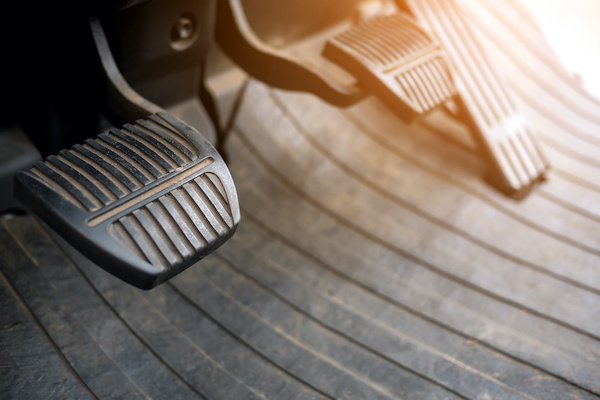
No matter how savvy a driver you may be, controlling your vehicle without brakes is almost impossible. Spongy brakes, also described as mushy or squishy, should be addressed promptly to avoid catastrophic consequences as you move from one place to another. Below are some of the main reasons why your car's brakes may begin to malfunction or feel spongy.
Cylinder Wear
If the efficiency of your car's braking apparatus gets compromised, it could be due to a master cylinder malfunction as a result of wear and tear. The cylinder distributes hydraulic pressure, which injects the braking fluid that's essential in bringing your vehicle to a stop. As time passes, its seals may leak or break, forcing you to always press the brake pedal to the floor of the car for it to stop. When this happens, you should consider visiting an auto repair shop for prompt solutions.
Brake Line Damage
Brake lines can get damaged due to multiple factors, including rust which makes them brittle, increasing the chances of breaking or a leak developing. A car crash may also result in the brake lines bending and collapsing, giving rise to more problems down the road.
Old or Low Brake Fluid
Your vehicle may have low or outdated brake fluid if you fail to schedule a regular brake maintenance service. When you step on the brake pedal, the brake fluid converts the energy you apply into the force required to bring your automobile to a halt. Over time, the brake fluid may grow thin like your car's brake pads. Low brake fluid often occurs when you neglect to maintain your vehicle's braking system for a long time. Besides that, a leak may also diminish the amount of brake fluid in your car. Regardless, scheduling a brake inspection service can help identify and avoid braking problems altogether.
Air in Brake Lines
Auto repair specialists cite the presence of air in brake lines as the major cause of spongy brakes. Air may occur in the brake lines when hydraulic pressure gets unevenly distributed within the system, leaving it imbalanced. It results in you using more time, distance, and effort to stop the car. The air may also get into the brake lines due to leaks or low brake fluid.
Regardless, if you need brake repair, we invite you to bring your automobile to our auto repair shop today.